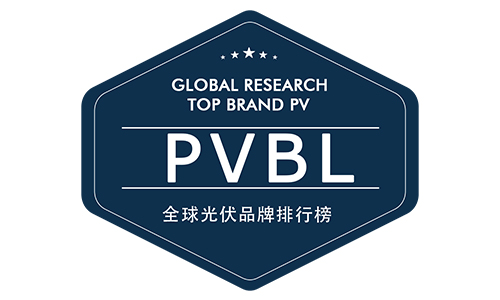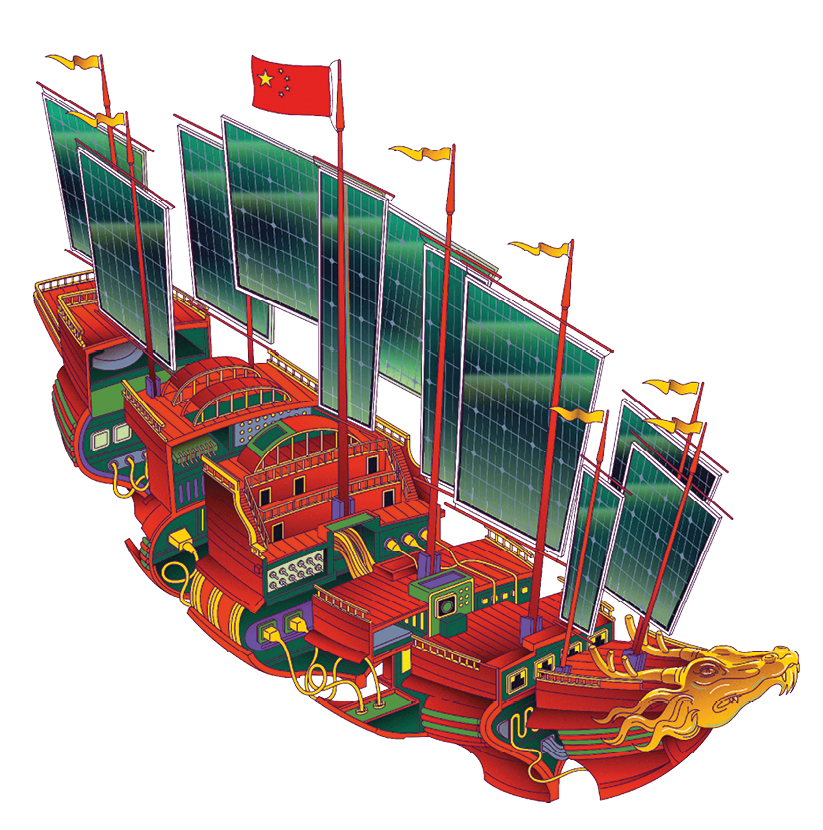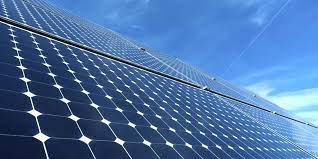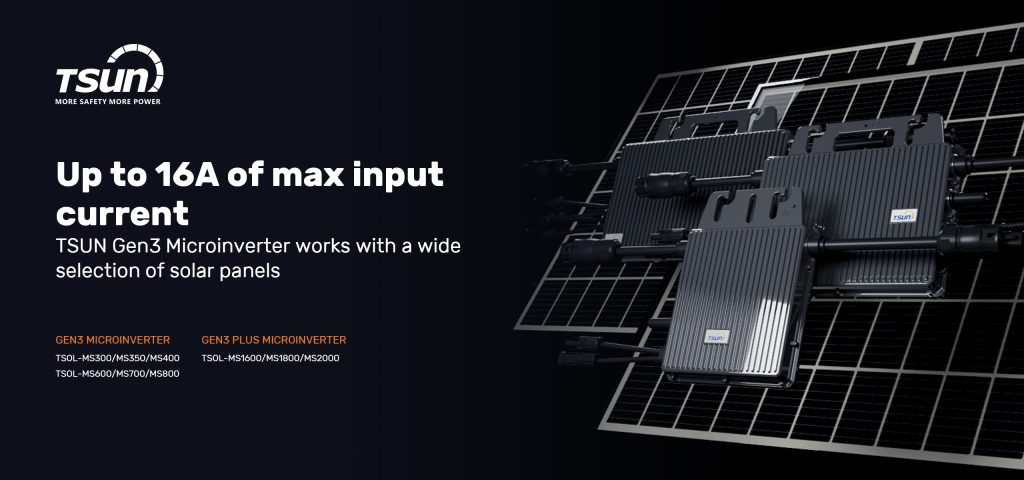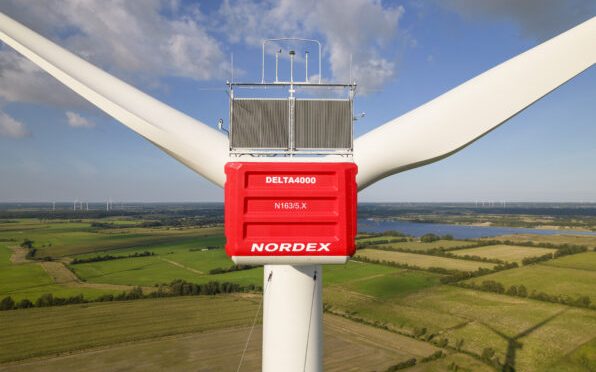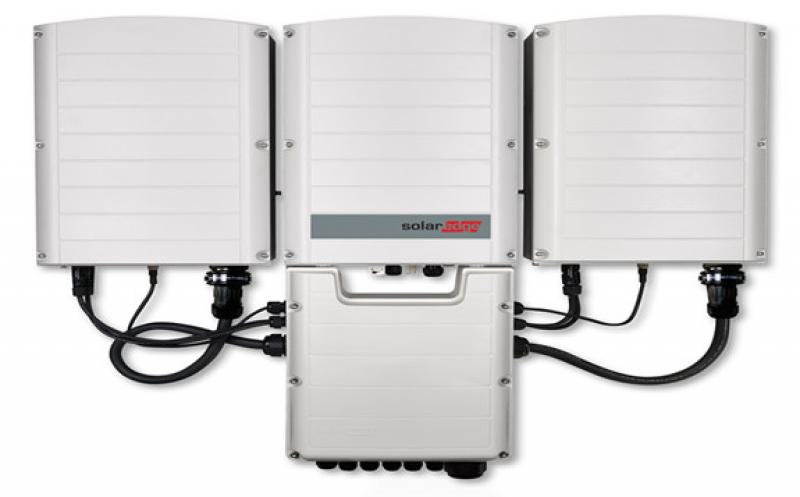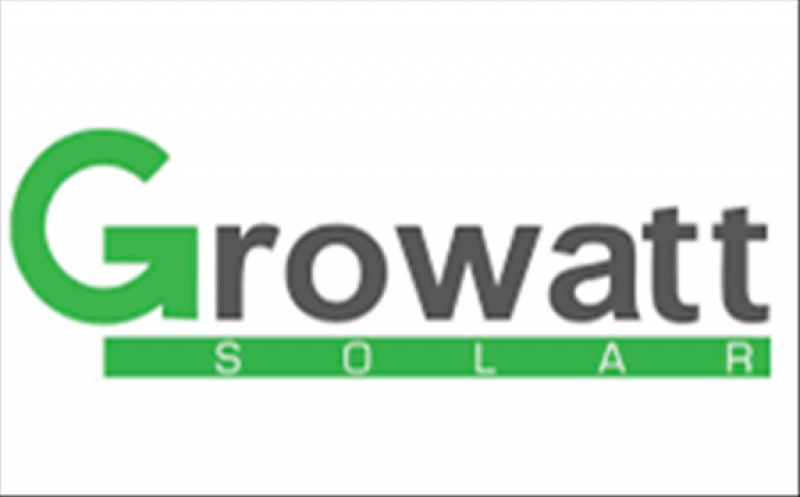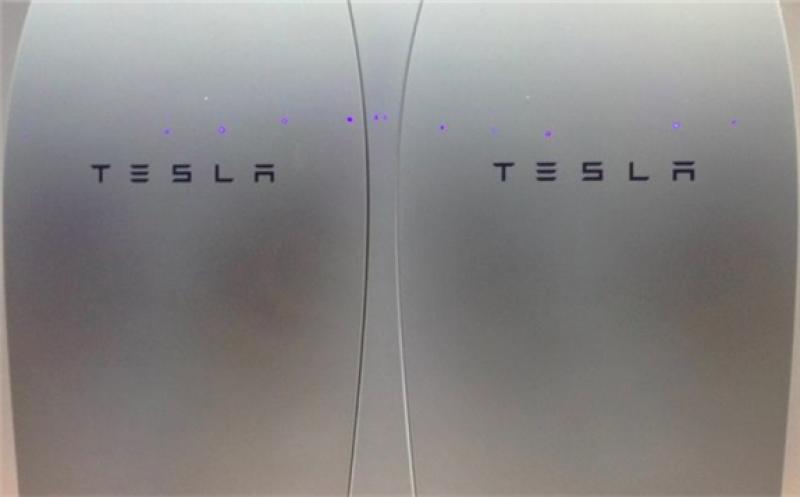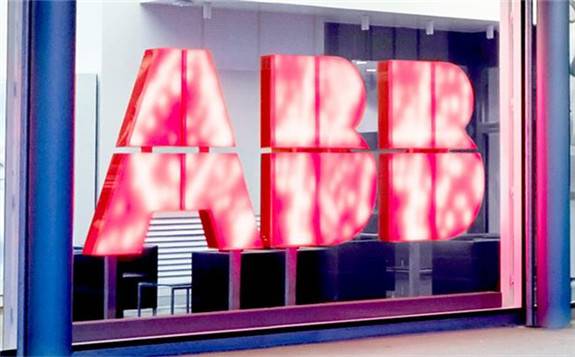
It’s the third big solar inverter player so far this year to move out of an increasingly challenging market. ABB, a major player in the global solar inverter market, is paying $470 million to unload the business to Italian company Fimer — an acknowledgement of ongoing challenges in a market driven by fierce competition and increasing price pressure.
Tuesday’s deal will cost ABB an after-tax nonoperational charge of about $430 million in the second quarter, with up to 75 percent to be paid in cash to Fimer. Another $40 million in separation costs are expected in the first quarter of 2020.
But according to an ABB spokesperson who spoke to Reuters about the deal, the margin improvement in the future will outweigh the cash impact of the transaction. According to Reuters, sales for the solar inverter business have dropped significantly since ABB bought it in 2013.
“The divestment is in line with our strategy of ongoing systematic portfolio management to strengthen competitiveness, focus on quality of revenue and higher growth segments,” Tarak Mehta, president of ABB’s electrification business, said in a prepared statement. Lindsay Cherry, analyst for Wood Mackenzie Power & Renewables, noted that ABB’s move comes amid broader shakeups in the solar inverter industry. “Because of price pressure and such low margins in the solar inverter industry, we’re seeing companies looking to get margins in different ways,” she said.
In January, for example, German company Kaco announced it was exiting the central inverter business by selling South Korean subsidiary Kaco New Energy Inc., to OCI Power, which operates in the utility and distributed generation solar markets. Kaco said the move would allow it to focus on its string inverter business, along with energy storage. But in February, Kaco sold its solar PV string inverter company, Kaco new energy GmbH, to Siemens.
And in March, Schneider Electric confirmed that it is exiting the utility-scale inverter business, to reposition toward the residential and commercial and industrial segments, as well as its internet-of-things platform, EcoStruxure.
“We are seeing more and more companies launch or expand their IOT platforms as a means to stay competitive," Cherry said. "We’ve seen this with Schneider as they shed their utility-scale business to focus in part on their IOT platform and with Siemens, which acquired Kaco’s string inverter business in part to fill out its own IOT platform.”
ABB shuttered its U.S. manufacturing facility in 2016 and is no longer an active player in the market. The majority of its shipments are in Europe and the Asia-Pacific region, as well as some Latin American and Middle Eastern markets, Cherry said. The company’s diverse product line includes string inverters, central inverters, and energy storage and hybrid inverters.
By acquiring ABB’s inverter business, Fimer will bolster its current product line of three-phase string and central inverters, she noted. It will also gain a much broader geographic reach, compared to its current markets in Latin America and Turkey, she said. “I think the ABB acquisition will definitely help them.”
According to the latest WoodMac global solar inverter report released in April, China’s Huawei and Sungrow are ranked first and second in global PV inverter market shipments, with roughly 22 percent and 15 percent of the market, respectively, and Germany’s SMA is ranked third, with roughly 8 percent of the market. ABB had roughly 5 percent of the market, according to the report.
Huawei and Sungrow are both “definitely much more price-competitive” than many of their rivals, and lower prices are likely the driver behind their predominance in the market, Cherry said. Huawei, the world’s largest telecommunications provider, is also able “to draw on some of those other specialties to be a really innovative company, and meet what the market needs” in the solar inverter space, she said.
Of course, Huawei’s prospects in the U.S. solar inverter market have been thrown into doubt in recent months, as U.S. authorities have accused the company of intellectual property theft and ties to Chinese intelligence services, and have proposed an outright ban on Huawei’s inverters. In late June, Huawei laid off its U.S. staff and is said to cease its sales in the U.S. market.
However, in the past month, President Donald Trump has announced plans to relax these restrictions, and on Tuesday announced the administration would allow certain American companies to keep doing business with Huawei.
